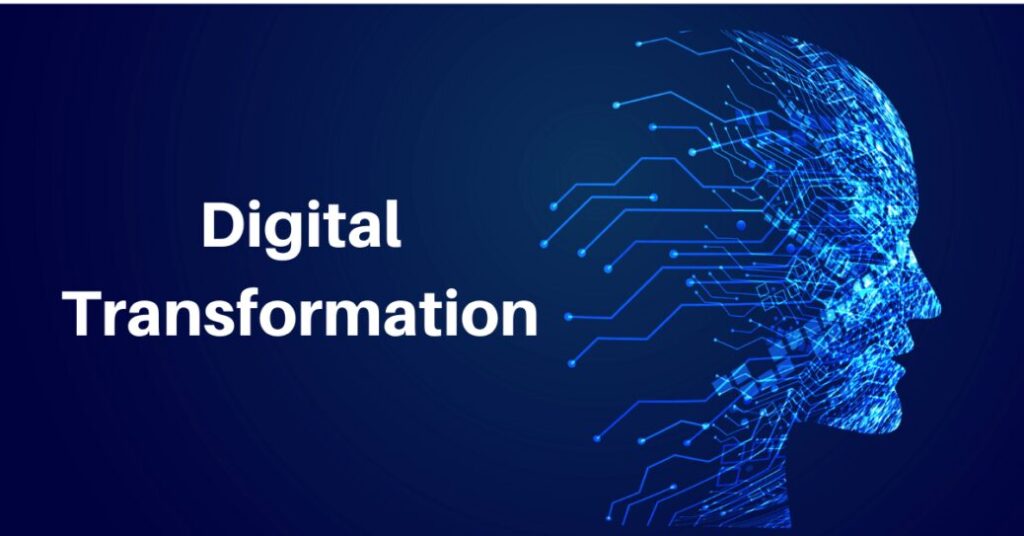
The legal sector is not typically known for rapid change, but the wave of digital transformation has made its impact on practices across Wisconsin. Law firms and practitioners are increasingly leveraging technology to streamline operations, manage cases, and improve communication with clients. This shift is driven by the need for greater efficiency, cost reduction, and the demand to meet clients’ expectations in a digital age. As a result, the adoption of technology in legal practices has become a pivotal point of discussion and a critical factor for success within the industry.
Technological advancements such as artificial intelligence, machine learning, and blockchain are changing the face of legal work in Wisconsin. These innovations are automating routine tasks, augmenting legal research capabilities, and enhancing the accuracy of legal analytics. Moreover, the use of such technologies enables lawyers to focus on complex, value-add activities, thereby elevating the strategic aspect of legal services.
Wisconsin’s legal industry is also witnessing the rise of virtual law offices and online dispute resolution platforms that expand the reach and accessibility of legal services. These digital platforms are not only convenient for clients but also provide a competitive edge to law firms willing to embrace digital tools. While adapting to these changes poses its own set of challenges, including maintaining data security and client privacy, the integration of technology within legal practice is an unstoppable trend that has reshaped the landscape of the profession.
The Impact of Digital Technologies on Wisconsin’s Legal Framework
The legal practices in Wisconsin are experiencing significant change as a result of the adoption of digital technologies. Law firms and regulatory bodies are adapting to new tools that offer the potential to enhance the efficiency and effectiveness of the legal process.
Adoption of Legal Tech by Wisconsin Law Firms
Wisconsin law firms such as Gingras Thomsen & Wachs LLP have recognized the benefits of legal technology. Document automation is particularly impactful, turning hours of drafting into a more efficient process while minimizing human error. Firms are also utilizing electronic discovery (e-discovery) tools, which have become invaluable in the review and preparation of large quantities of electronic evidence, leading to more streamlined litigation and investigation proceedings.
Case management software is another key area, enhancing the way firms track case progress, manage deadlines, and maintain client information. These innovations are not only transforming internal operations but also client interactions, where portals and platforms enable better communication and transparency.
Regulatory Responses and Ethical Considerations
In response to the digitization of legal services, Wisconsin’s regulatory landscape is evolving. The Wisconsin Supreme Court and State Bar are working to ensure that legal practitioners maintain ethical standards amidst these changes. They emphasize the importance of competency in technology as part of the professional responsibilities of lawyers.
- Confidentiality: Lawyers are expected to safeguard client information, which requires a clear understanding of cybersecurity measures.
- Data Privacy: With the rise of data collection, attorneys must navigate regulations related to clients’ personal data.
- Advertising: The rise of digital marketing tools has led to revised guidelines around the promotion of legal services online.
Law firms, including Gingras Thomsen & Wachs LLP, must stay informed of changes in ethical rules and are responsible for training their attorneys accordingly.
Technology’s Role in Client-Lawyer Interactions and Case Management
Technology has redefined client-lawyer interactions by introducing more dynamic and efficient ways of managing cases for firms like Gingras Thomsen & Wachs LLP in Wisconsin.
Enhancing Client Engagement Through Tech
Gingras Thomsen & Wachs LLP utilizes advanced client portals and communication platforms to elevate client engagement. These technologies enable clients to:
- Track the progress of their cases in real-time.
- Access vital documents and share information securely.
- Schedule appointments and consultations conveniently.
- Receive prompt updates and notifications regarding their legal matters.
The firm’s adoption of these tech tools demonstrates its commitment to maintaining transparency and fostering a responsive client-lawyer relationship.
Streamlining Case Proceedings with Digital Tools
The firm harnesses the power of digital tools to streamline case management processes. Highlights of their technology use include:
- Digital Filing Systems: Documents are organized in a central digital repository, which allows for quick retrieval and reduces the risk of misplacement.
- Case Management Software: This software aids in tracking deadlines, managing case-related tasks, and coordinating the team’s efforts efficiently.
- E-Discovery Solutions: These tools expedite the discovery process by analyzing large volumes of data, which is crucial for evidence gathering and analysis.
By leveraging these digital solutions, Gingras Thomsen & Wachs LLP maximizes its legal team’s productivity and ensures that no detail is overlooked throughout the lifecycle of a case.